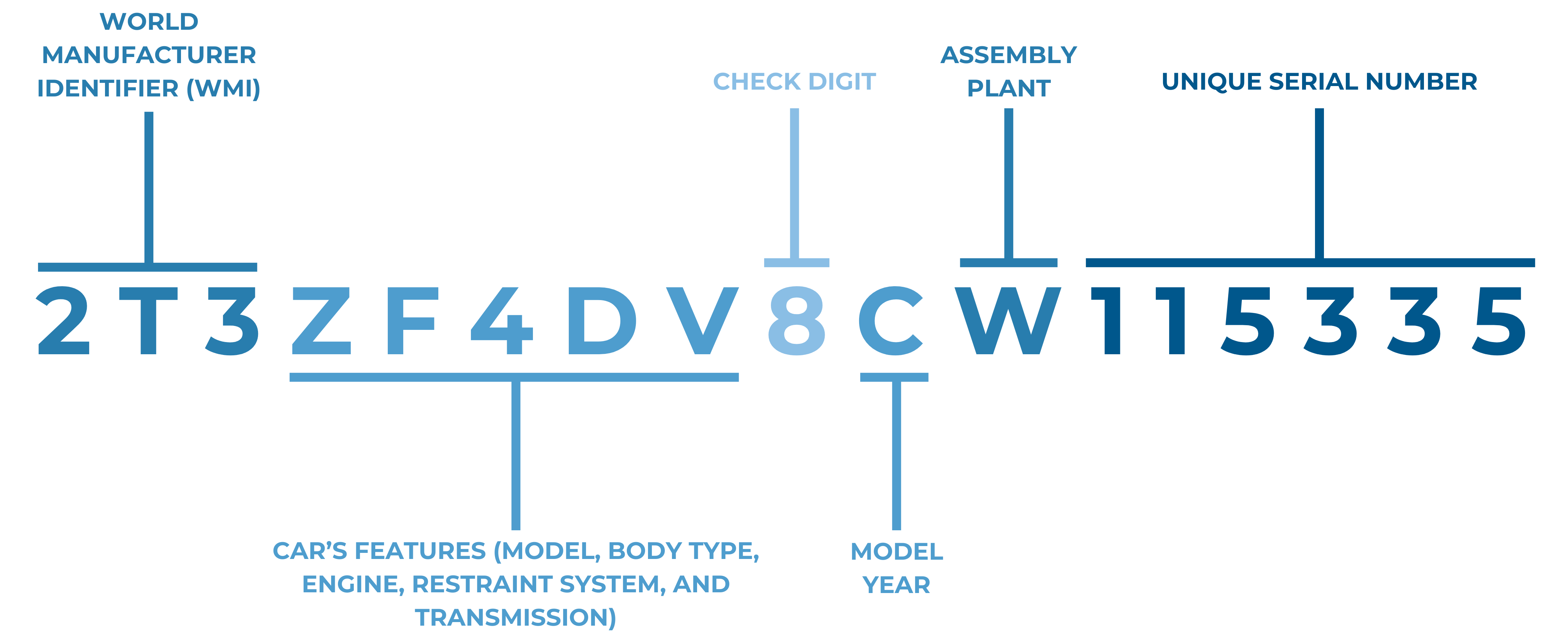 A while back in a dusty Texas town, Emma traded her old pickup for what looked like the perfect SUV. She felt proud—until a quick State of Texas VIN check showed the truth. That “dream car” had been totaled not once, but twice. Someone had patched it together like a jigsaw puzzle on wheels. From that moment on, Emma promised herself she’d never skip a free VIN number check Texas tool again.
A while back in a dusty Texas town, Emma traded her old pickup for what looked like the perfect SUV. She felt proud—until a quick State of Texas VIN check showed the truth. That “dream car” had been totaled not once, but twice. Someone had patched it together like a jigsaw puzzle on wheels. From that moment on, Emma promised herself she’d never skip a free VIN number check Texas tool again.
Stories like Emma’s are more than just bad luck. They show why checking a VIN in Texas matters so much. In a state where trucks and titles move faster than tumbleweeds, it’s not just smart—it’s necessary. You could be buying from a neighbor down the road or a big-name dealer in Dallas. Either way, taking one minute to do Texas vehicle VIN check might save you years of trouble.
Check Your VIN Now – Don’t Let a Lemon Slip Through
In this guide, you’ll learn everything you need to know. We’ll walk you through how to do a Texas VIN check, what details it reveals, and how it connects to Texas DMV rules. Let’s get started—and make sure your next ride is the real deal.
Thinking of Buying a Car in Texas? Run a State of Texas VIN Check First
Texas has one of the biggest used car markets in the United States. Because of this, it’s also a popular place for car scams like VIN cloning, title washing, and rolling back odometers.
Every VIN tells a story about the vehicle. Let’s break down the VIN number into its basic components:

| 1st–3rd characters (WMI) | This section shows who made the car and which country it was built in. |
| 4th–8th characters | This section tells you about the car’s features (e.g. the model, body type, engine, restraint system, and transmission) |
| 9th character | Check digit – helps confirm that the VIN is real by using a special math formula. |
| 10th character | Model year – ‘A’ means 2010, ‘B’ means 2011, and so on. |
| 11th character | This one tells you which factory built the vehicle. |
| 12th–17th characters | The last six digits are the car’s serial number, showing the exact order it came off the production line. |
A State of Texas VIN check helps you look up a vehicle history using a unique Vehicle Identification Number (VIN).
When you check a Texas VIN, you can find out if the car:
- Has a clean or salvage title
- Was ever reported stolen
- Has any unpaid loans (liens) or safety recalls
- Was ever involved in a major accident
- Had its odometer rolled back
- Was used as a rental, taxi, or fleet vehicle
- Has ever been declared a total loss by an insurance company
- Has a history of flood or fire damage
- Matches the VIN on the dashboard and title (to avoid VIN cloning)
- Was imported from another state or country
This clear information helps everyone. Buyers avoid scams and hidden problems. Sellers prove their car’s value and gain trust.
Top Places to Get a Free VIN Number Check in Texas (Don’t Buy Without This!)
Thinking about buying a used car in Texas? Hold on—don’t sign anything yet! Before you spend a single dollar, run a free VIN number check. It’s the best way to avoid scams, unsafe vehicles, and big repair bills. The great news? You can do this for free in several trusted places. Smart car buyers in Texas always check these first:
1. NICB VINCheck – Your First Safety Step
The National Insurance Crime Bureau (NICB) offers a free State of Texas VIN check tool. It helps you spot stolen cars and vehicles declared total losses by insurance companies. You’ll get results in seconds. If you’re buying from a private seller, this should be your very first stop. Don’t skip it—it’s quick and could save you thousands.
2. NHTSA Recall Lookup – Check for Hidden Dangers
Next, use the National Highway Traffic Safety Administration (NHTSA) tool to check for safety recalls. Just enter the VIN, and you’ll see if the car has any open recalls that still need fixing. Some recalls are serious and can even affect your ability to register the car in Texas. Take a minute—it might just save your life.
3. Free VIN Check Websites – Dig Deeper
Want more info? Head to sites like VinCheckPro.com and Vehicle.Report. These tools show accident history, title problems, odometer fraud, past owners, and whether the car was a rental or fleet vehicle. It’s like getting a full report card on the car you’re thinking about. Easy, free, and worth every second.
4. Texas Dealerships – Ask for the Report
Many dealerships in Texas will give you a free vehicle history report. They often use trusted sources like Carfax or AutoCheck. They know smart buyers want the facts. So ask for the report! If the dealer refuses or avoids the question, that’s a red flag—walk away.
5. Private Sellers Who Keep It Honest
Some private sellers will give you a free VIN report up front. This shows they’re honest and have nothing to hide. It’s a good sign. But if the seller makes excuses or won’t show the report, that’s your signal to back off.
This level of detail can give you peace of mind or raise red flags during the purchase process.
Stay Legal, Stay Safe: The Smart Texan’s Guide to VIN Checks
Doing a Texas vehicle VIN check is super important if you want to be a smart car owner. It doesn’t matter if you’re buying, selling, or registering a car—checking the VIN helps you stay legal and safe.
Also, it gives you peace of mind.
Start by using the tools from the Texas DMV. Then, try trusted third-party services or free databases online. These tools make it easy to check a car’s past.
Don’t ignore this step. One quick check could help you avoid scams, accidents, or big money problems later.
FAQs About State of Texas VIN Checks
Can I do a Texas VIN check online?
Absolutely. The NICB, and many third-party services allow you to enter a VIN online and receive results instantly.
How do I know if a Texas vehicle has a salvage title?
A VIN check through a paid service will indicate if a vehicle’s title is marked as salvage, rebuilt, or otherwise branded.
What if the VIN is missing or altered?
This is a red flag. A missing or tampered VIN may indicate theft or fraud. Avoid the purchase and report it to authorities.
How often should I run a Texas vehicle VIN check?
Any time you’re buying, selling, or registering a used vehicle in Texas—it’s a quick way to protect yourself from hidden problems.
What if the VIN is missing or altered?
This is a red flag. A missing or tampered VIN may indicate theft or fraud. Avoid the purchase and report it to authorities.